How much iodine do you need for a healthy thyroid gland?
By naturopath Margaret Jasinska
Iodine is a very important mineral that a lot of people don’t get enough of. It’s necessary for thyroid hormone production. Actually thyroid hormones are built from iodine and tyrosine. Not getting enough iodine can compromise your metabolic rate. Too much iodine can also be a problem. Getting the balance right is important.
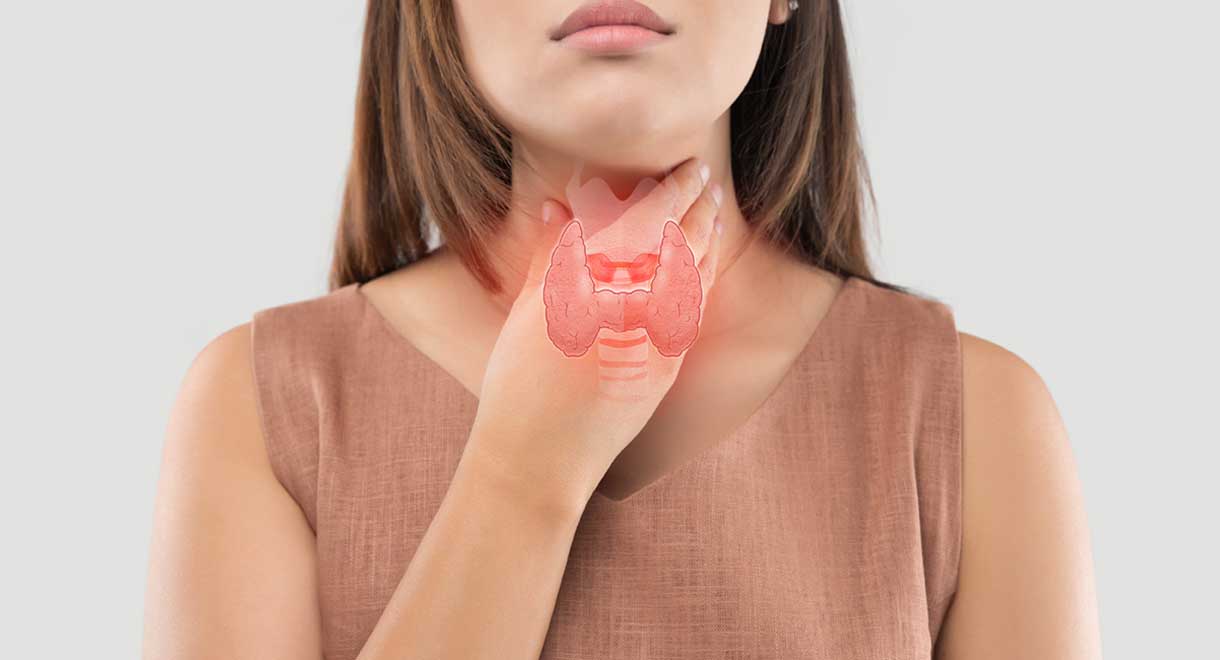

What can happen if you don’t get enough iodine?
The following are possible:
- If severe or long term, impaired intellectual capacity, especially in children.
- Sluggish thyroid function, which leads to a low metabolic rate with consequent easy weight gain and fatigue.
- Increased risk of infections.
- Increased risk of nodules and cysts in the thyroid gland and the breasts.
- The thyroid gland may enlarge to form a goitre.
Iodine is a good natural infection fighter
Iodine can be taken internally (by mouth) or applied externally. Iodine kills most organisms on the skin within 90 seconds. When applied to the skin, iodine is capable of killing all classes of organisms from bacteria, fungi, yeasts, and viruses. The good thing is there is no development of bacterial resistance.
The body’s ability to resist infection and disease is hindered by long-term deficiency of essential minerals including iodine, zinc and selenium. Iodine provides us with a safe way to strengthen our own immune system against invading microbes while simultaneously correcting a widespread and critical nutritional deficiency that causes immunological unresponsiveness.
Good food sources of iodine are iodised salt, some seafood (not farmed seafood) and edible seaweeds. Iodine can be found in some nutritional supplements.
There are large areas of the world where soils are extremely deficient in iodine and many people are at risk of severe iodine deficiency. Iodine deficiency is far more likely if you live inland away from the ocean.
Myths about iodine
Occasionally you will hear people make unscientific statements such as:
Don’t take iodine if you have a thyroid problem. Iodine is a vital nutrient for everyone.
The correct information is that if you are deficient in iodine, your thyroid gland will suffer, especially if you have an underactive thyroid or Hashimoto’s Thyroiditis or thyroid cysts or cold thyroid nodules or a thyroid goitre. Now if you have an overactive thyroid condition, it is important to check your body’s content of iodine with a urine test. If you have adequate iodine, you do not want to take extra iodine, as it may make the already overactive thyroid condition worse. If you are very deficient in iodine, taking a small dose of iodine will not aggravate your overactive thyroid. Some prescription medication for an over active thyroid cannot be used with iodine supplements. Consult your doctor.
An ideal dose of iodine to take in supplement form is 160 to 350 mcg daily. Taking too much iodine can cause problems in people that already have certain types of thyroid problems, such as hot nodules or hyperthyroidism (overactive thyroid). Administration of large amounts of inorganic iodine via medications (ie Amiodarone), radiology procedures (iodinated intravenous dye) and dietary excess (via seaweeds such as dulce or kelp etc) can cause or worsen hyperthyroidism.
How to prevent iodine deficiency
Over the last 80 years, world-wide efforts have been made to prevent iodine deficiency and the elimination of iodine deficiency has been a major goal of the World Health Organization. Iodised salt has been the mainstay of treatment for iodine deficiency worldwide. Iodination of water supplies also has been effective in some countries.
The Institute of Medicine has set the Recommended Dietary Allowance (RDA) for iodine in adult men and women at 150 μg per day. Individuals who add table salt to their food regularly should use iodised salt. One teaspoon of iodised salt contains approximately 400 μg of iodine.
The RDA of iodine is 220 μg per day for pregnant women and 290 μg per day for breastfeeding women. The effects of iodine deficiency are most severe in pregnant women and their babies, so the recommendations state that all pregnant and breastfeeding women in the U.S. and Canada take prenatal multivitamins containing at least 150 μg of iodine per day.
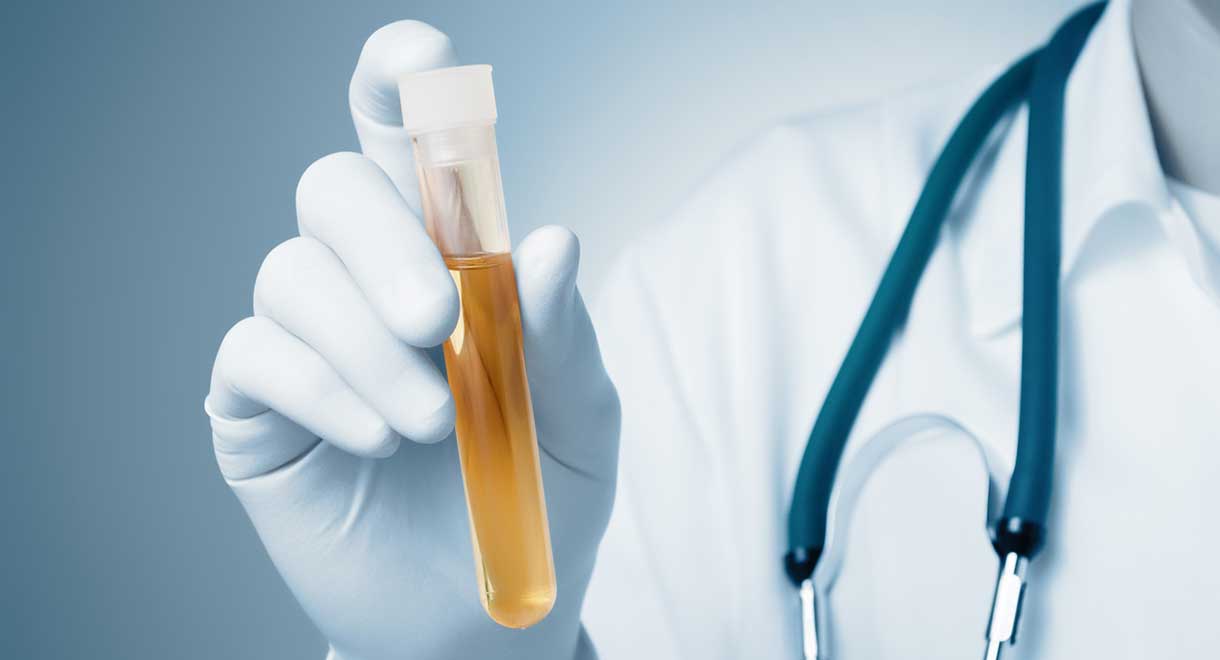

Iodine urine test
The most accurate way to know if you are getting enough or too much iodine is with a urinary iodine test. Any doctor can organise this for you. It’s a test we regularly order for patients at our clinic. An ideal urinary iodine concentration is between 100 and 300 μg/L.
For more information our my book Your Thyroid Problems Solved.


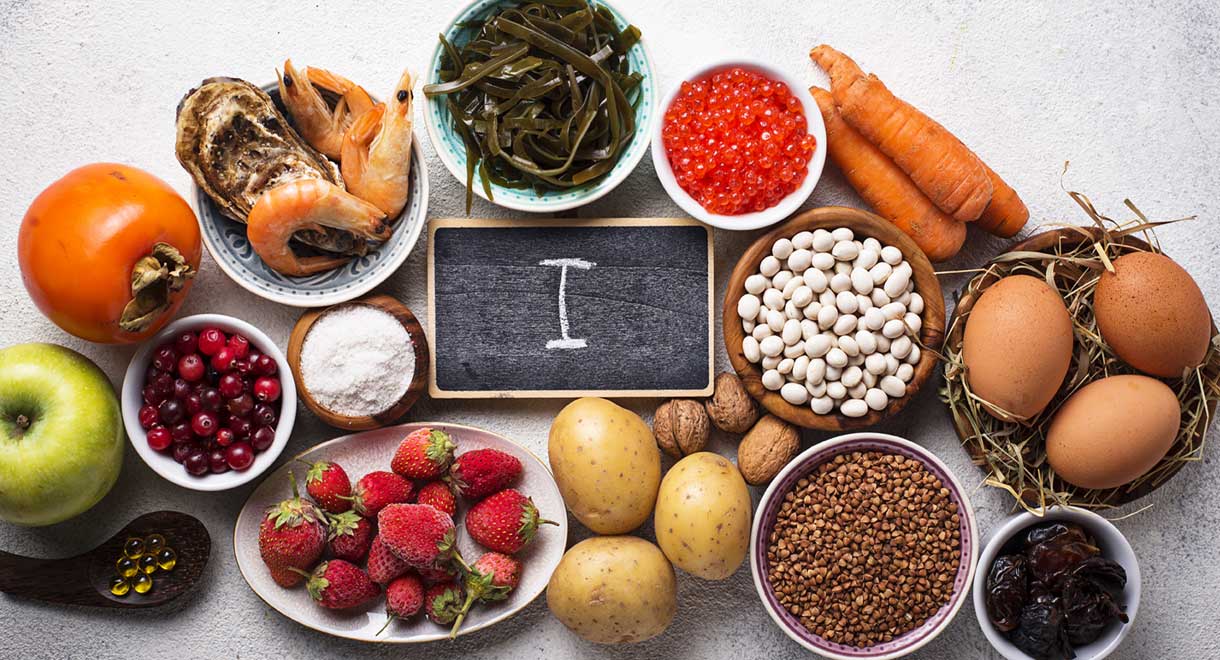



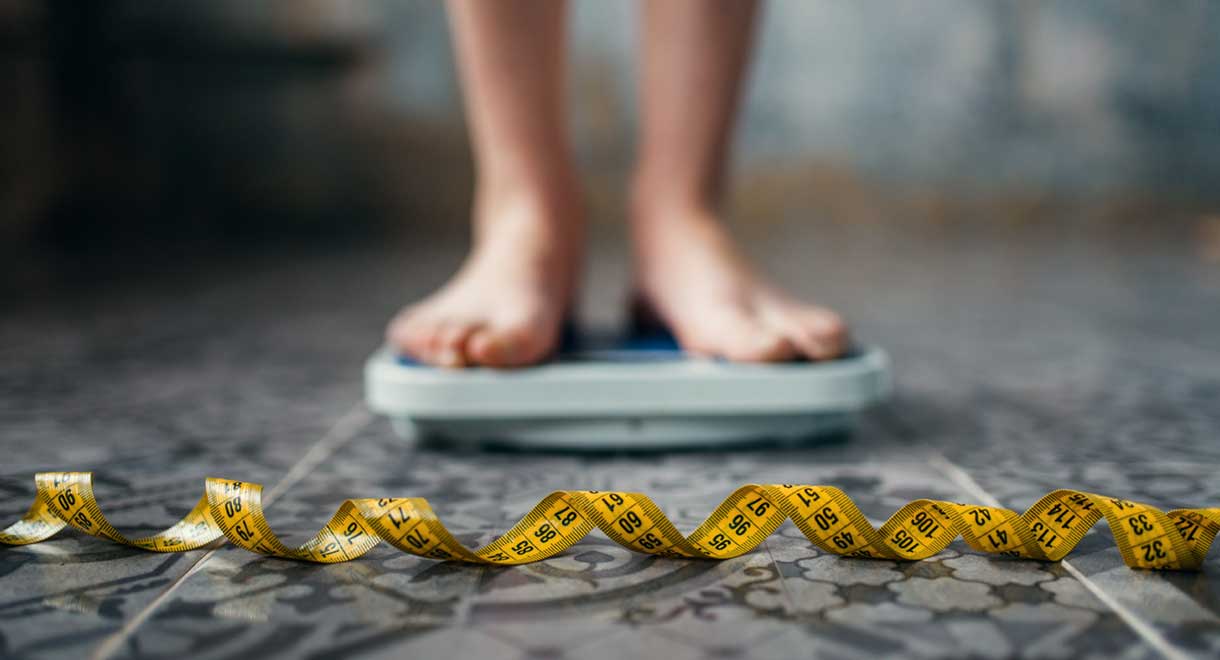
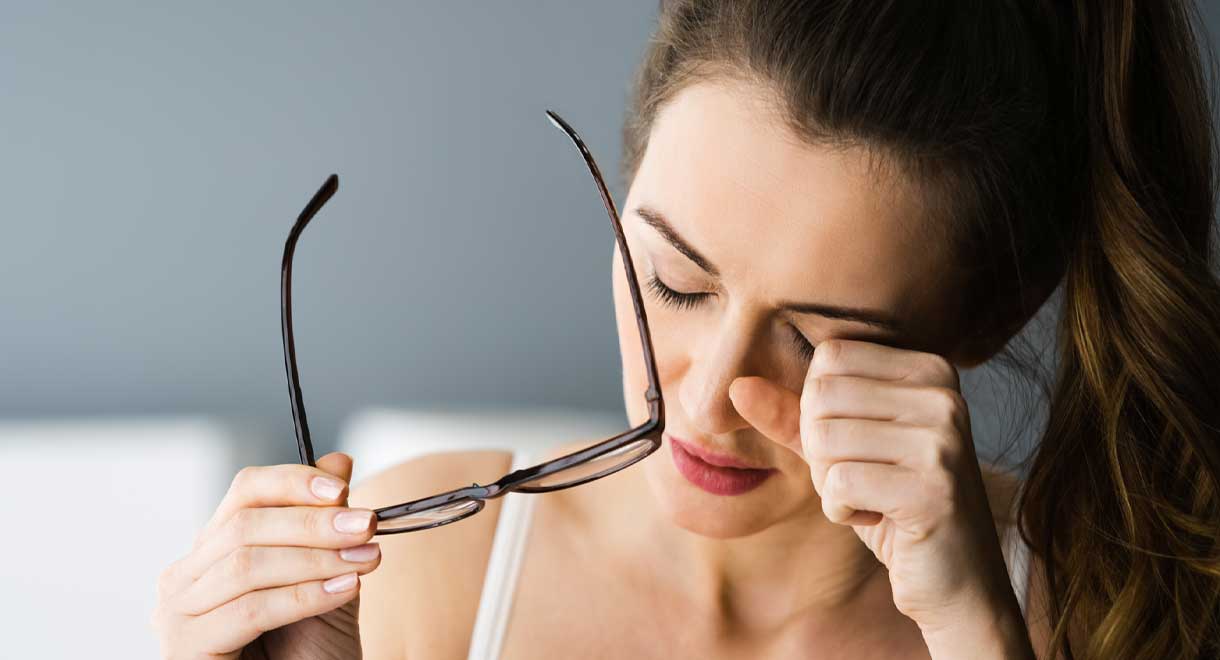

What is the topical iodine I could use. Its the first time Ive heard of topical use.
Hi Gail,
Topical use of iodine is only for treating skin conditions / infections and is found in the first aid section of the pharmacy.
You don’t use topical iodine as a form of supplementation.
Kind regards,
Louise
Is kelp good for your thyroid please I use to have years ago kelp tablets when I was younger. I have not had them for years I am 67 years old. now I have nobules on my thyroids.
Hi Colleen,
Yes, kelp and other seaweeds are the best source of dietary iodine which is needed to manufacture thyroid hormones.
We have kelp flakes that you can add to your food and also have Thyroid Health capsules that contain iodine, zinc, selenium and vitamin D for thyroid health.
Dr Cabot’s book Your Thyroid Problems Solved has great information on thyroid nodules.
Kind regards,
Louise
Hi Louise,
Is there a best time of day to take iodine supplement drops, or kelp. And is it best WITH or without food?
Will it interact with any other supplements I should be aware of?
Thanks 🙂
Tracy
Hi Tracy,
Iodine can help with energy so it is better to take it morning or midday 🙂
It is best to take it with food. Iodine is fine to take with other supplements but we always recommend taking supplements away from medication.
Kind regards,
Louise